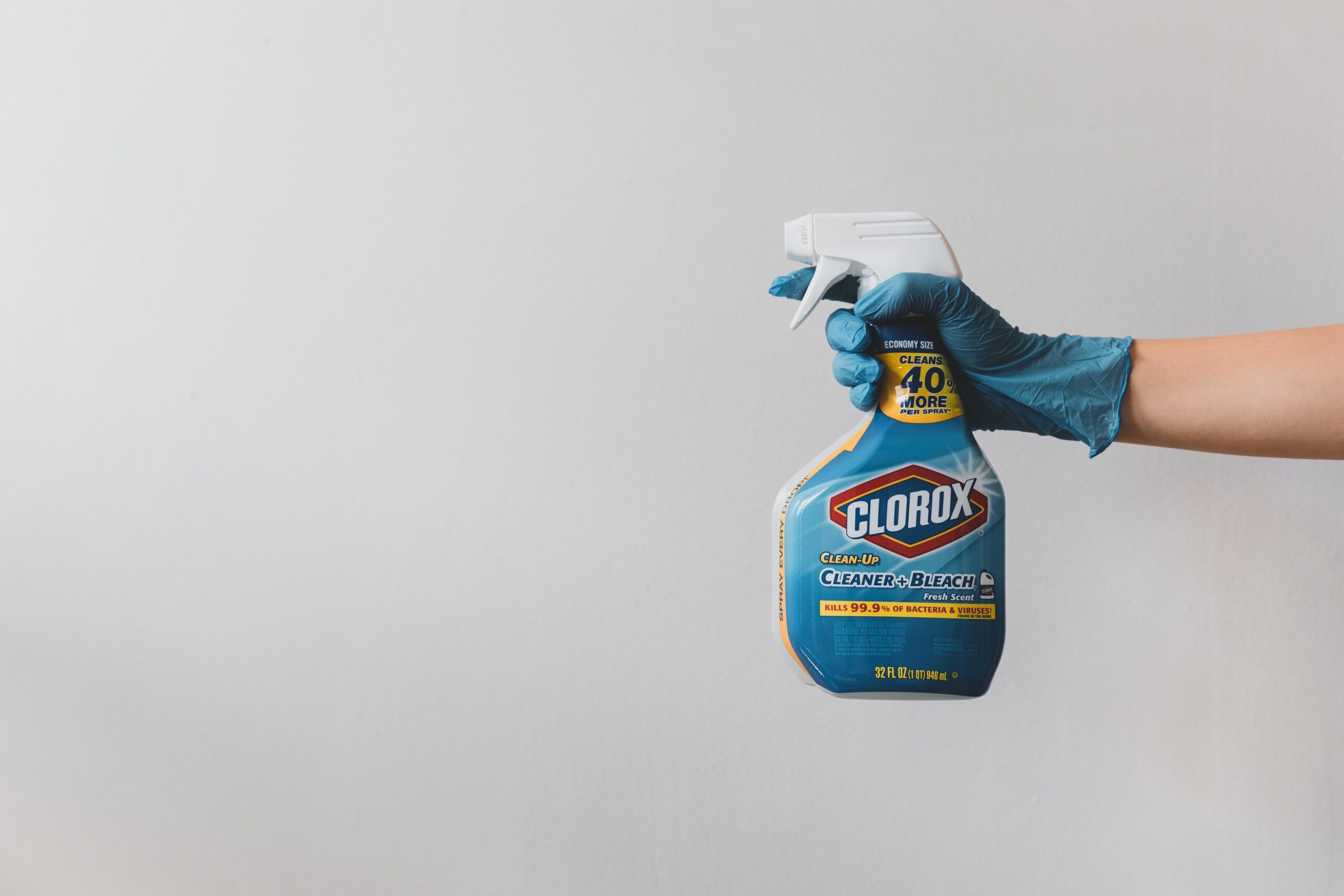Stepan is a leading manufacturer of surfactants, the key ingredients in everyday household products such as laundry detergent, cleaners, shampoos, and body wash. Based in Northfield, Illinois, the company is a leader in sustainability. The Wall Street Journal recently ranked Stepan in the Top 50 most sustainably-managed companies in the world out of 5,500 publicly-traded businesses. Among chemical manufacturers, Stepan is one of the top three ranked.
Founded in 1932 by Alfred C. Stepan, Jr., Stepan is now a 2000-employee strong force in the market. It’s a business built on so much more than just cleaners and disinfectants: Stepan creates customized solutions for the construction, agricultural, and oil field market, and is a leading supplier of polyurethane polyols used in the thermal insulation market. In addition, the company creates high purity esters, fats, and oils for the pharmaceutical, medical nutrition, and dietary supplement industries.
All of these industries have a history of damage to the environment, making it particularly compelling that Stepan is using renewable ingredients to produce in an environmentally-green manner. As social and environmental concerns continue to change and evolve, the company meets these challenges head-on with a commitment to embrace a broad view of sustainability, allowing its customers to deliver products that balance the needs of growing populations, with a strong focus on environmental sustainability.
Stepan does this with a clear vision: design innovative chemical solutions for a cleaner, healthier, more energy-efficient world.
The company works to provide greater transparency and communication of its sustainability efforts while continuing to form strategic partnerships and working to meet targets based on material issues identified by the Sustainability Accounting Standards Board. Stepan focuses on four sustainability priorities: investing in people, efficiency for the planet, advantageous products, and responsible practices.
Part of this plan is to deliver cleaning and disinfecting products, insulation products, and food safety products with a goal of stakeholder value through sustainability. In many cases, this involves creating new products and building new relationships that grow and reflect the positive outcome of their products. One recent innovation is a fragrance solubilizer and viscosity-builder made from coconut oil and no added water that saves on energy resources due to the lack of need for water. Another one is a bio-based helia product, which uses regionally-sourced raw materials to cut down on travel-based emissions. Stepan now creates many infant and nutritional products using a coconut or palm kernel base, each a readily renewable source.
It’s not just about the products themselves. In manufacturing sites and offices around the world, Stepan has switched to high-efficiency lighting, added motion-sensing fixtures, and significantly improved insulation for more efficient energy use. The company has clear, measurable sustainability goals including a commitment to 20 percent of global electric use from renewable sources by 2025.
The same holds true for use of water. Over the past few years, Stepan has implemented projects that have significantly reduced water consumption, with a goal of reducing global water usage by 40 percent in the next five years. In addition, by 2023, Stepan will dedicate at least 80 percent of research and development funds toward sustainable processes and products.
Stepan is also committed to giving back to local communities. Their community outreach program and partnership with Teach for America encourages employees to give back. These programs include work with people with disabilities, the homeless, economically-disadvantaged families as well as youth mentorship programs focused on science, technology, engineering, and math. Stepan also organized a large relief effort for those affected by the January 2020 Taal Volcano eruption.
Starting in 2019, Stepan launched a Community Outreach Grant Program, providing financial contributions to eight organizations. Their work with Teach for America is ongoing, with a partnership between company headquarters scientists and Illinois high schools that includes teaching at the high schools and a mentorship program for students interested in science careers. Additionally, by 2021 the company requires all employees to participate in ethics and safety training.
Stepan is a company dedicated to sustainability on a global and local level. Their work is focused on healthy living, recycling and reuse, and giving back. This is a company with a business model based on sustainable innovation and strong, clean leadership practices, committed to doing good in the world, which in turn, creates long-term stability for its innovative, healthy products.
About Elizabeth Elkins
Elizabeth Elkins is a writer/songwriter based in Nashville. She is the author of The Hidden History of Music Row and the forthcoming Your Cheatin’ Heart: Timothy Demonbreun and the Politics of Love and Power in Nascent Nashville. She has also co-written several Billboard chart songs and is part of the acclaimed duo Granville Automatic.





